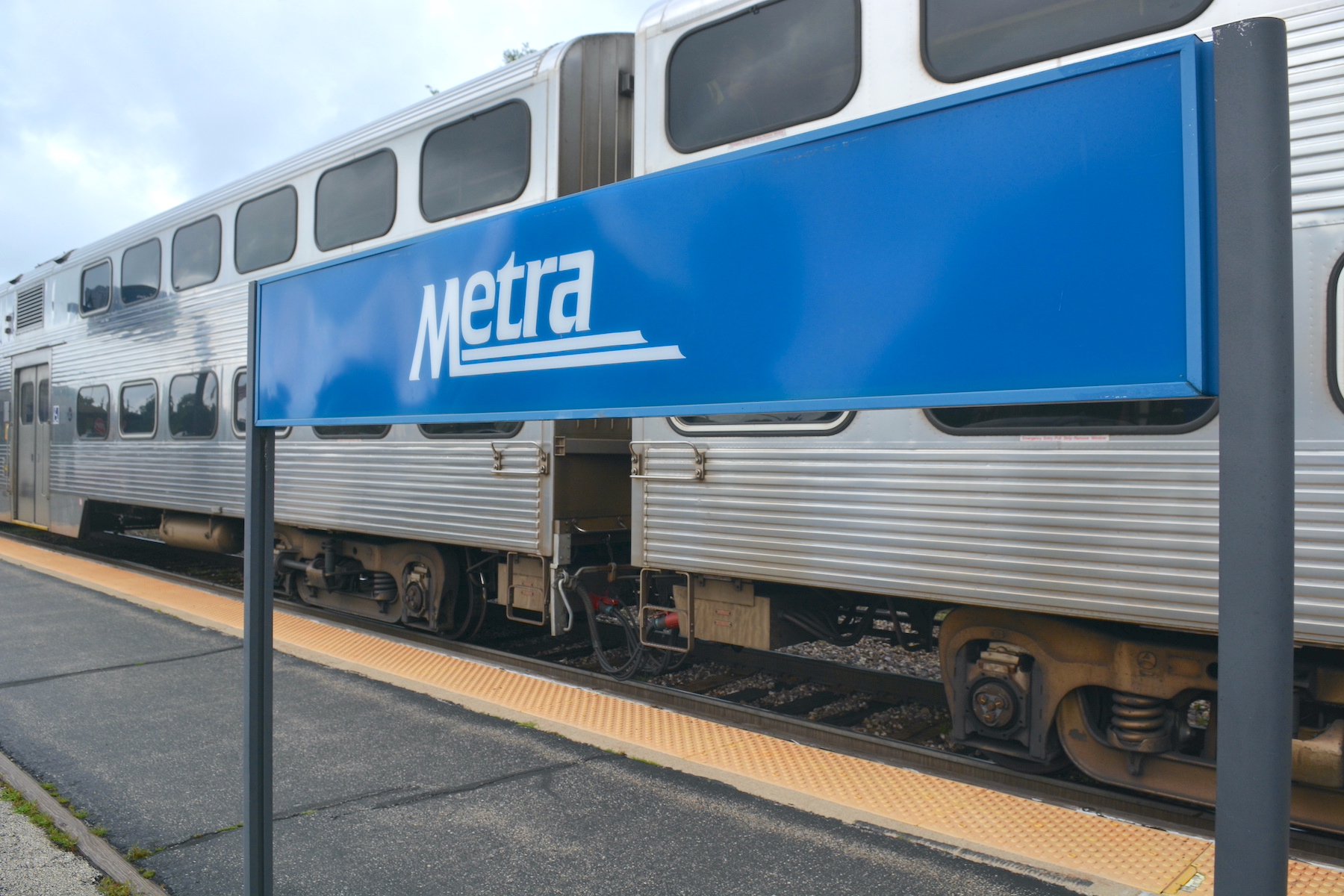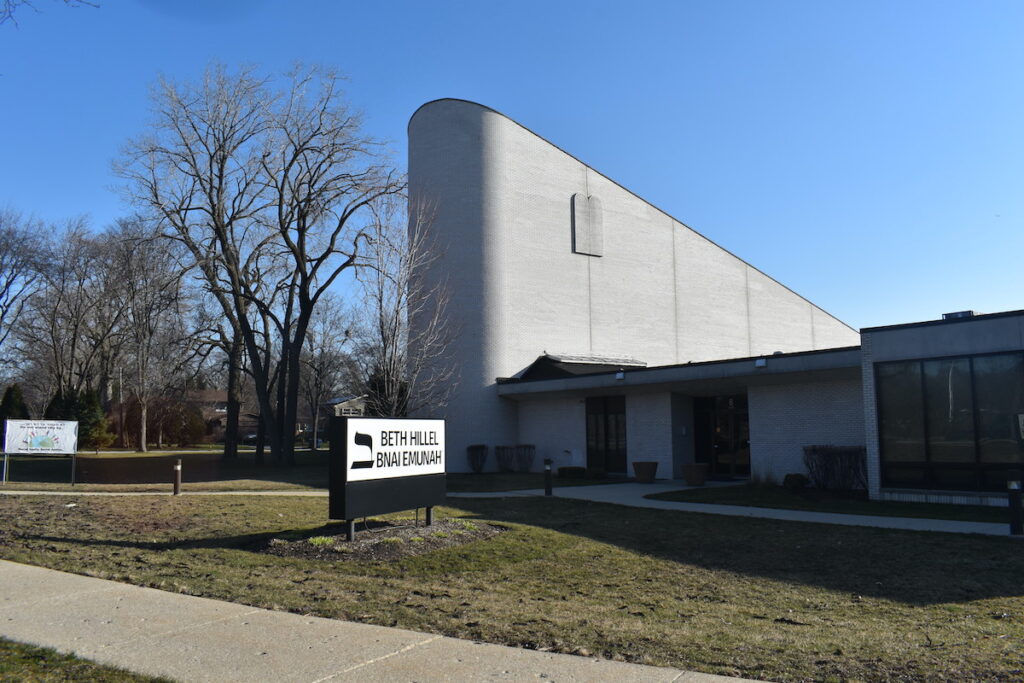
North Shore town leaders want more input on reforms to Chicago region’s public transit
Mayors across the North Shore and Chicago metropolitan area have entered into discussions to issue recommendations to the Illinois General Assembly ahead of the state enacting reforms to the region’s public transport system.
The Illinois Senate passed the Sustainable Transit for Northern Illinois Act — or House Bill 3438, Amendment 3 — on May 31, the last day of the legislature’s spring session. The Illinois House of Representatives unanimously approved the bill in April.
But the final version of the bill “was only filed publicly in the final hours of the legislative session despite months of public hearings,” according to a news release from the Metropolitan Mayors Caucus, which is chaired by Highland Park Mayor Nancy Rotering.
As Governor JB Pritzker has not yet signed the bill into law, the caucus is leading discussions among its 275 member municipalities to assess how the bill will impact their communities and present unified recommendations to legislators when they return to Springfield for an October veto session.
“While we commend the bill sponsors for hosting extensive public hearings to design this important legislation, the timing of the final bill’s release fell short of true partnership,” Rotering said in the statement.
“For local communities to support new transit reform legislation that serves the public and makes reform successful, there needs to be genuine collaboration between mayors and policymakers throughout the entire process,” she added.
If the bill is enacted, the Regional Transportation Authority — which currently oversees CTA, Metra and Pace — will gradually be replaced in three years by a new agency called the Northern Illinois Transit Authority.
NITA, as it’s commonly called, would create a more unified fare system and help coordinate public transit service across six different northern Illinois counties while still leaving the existing CTA, Metra and Pace respective collective bargaining agreements in place, according to a WTTW report.
The new transportation agency would also create a new multijurisdictional law enforcement task force to address crime on public transit systems.
While the bill would reorganize how public transportation in northern Illinois is run, leadership at the Regional Transportation Authority has also issued warnings that the regional transit system is in dire need of more funding and could see a 40% cut in service if not supported by the state legislature.
As the northern Illinois region sees millions of daily trips across its public transportation, “the stakes are too high for anything less than a collaborative” approach among all stakeholders to find solutions that serve riders, increase access and support economic growth, the caucus statement said.
“More efficient and effective public transportation systems are critical to the long-term success of our region,” Wilmette Village President Senta Plunkett said in an emailed statement.
“Therefore, any changes resulting from NITA must ensure that suburban communities, which are heavy users of Metra and Pace (as well as the CTA in Wilmette with the Linden Station), are recognized as key stakeholders and need to be properly represented at the table during negotiations as well as part of any future new transit board,” she added.
Rotering declined to speak with The Record further about what the caucus’s specific deliberations in the coming weeks will entail.
But as the October veto session looms, it’s likely that the caucus board, which includes Chicago mayor Brandon Johnson, and members will focus on how to best lobby state leadership to revise the bill.
The Record is a nonprofit, nonpartisan community newsroom that relies on reader support to fuel its independent local journalism.
Become a member of The Record to fund responsible news coverage for your community.
Already a member? You can make a tax-deductible donation at any time.

Samuel Lisec
Samuel Lisec is a Chicago native and Knox College alumnus with years of experience reporting on community and criminal justice issues in Illinois. Passionate about in-depth local journalism that serves its readers, he has been recognized for his investigative work by the state press association.


